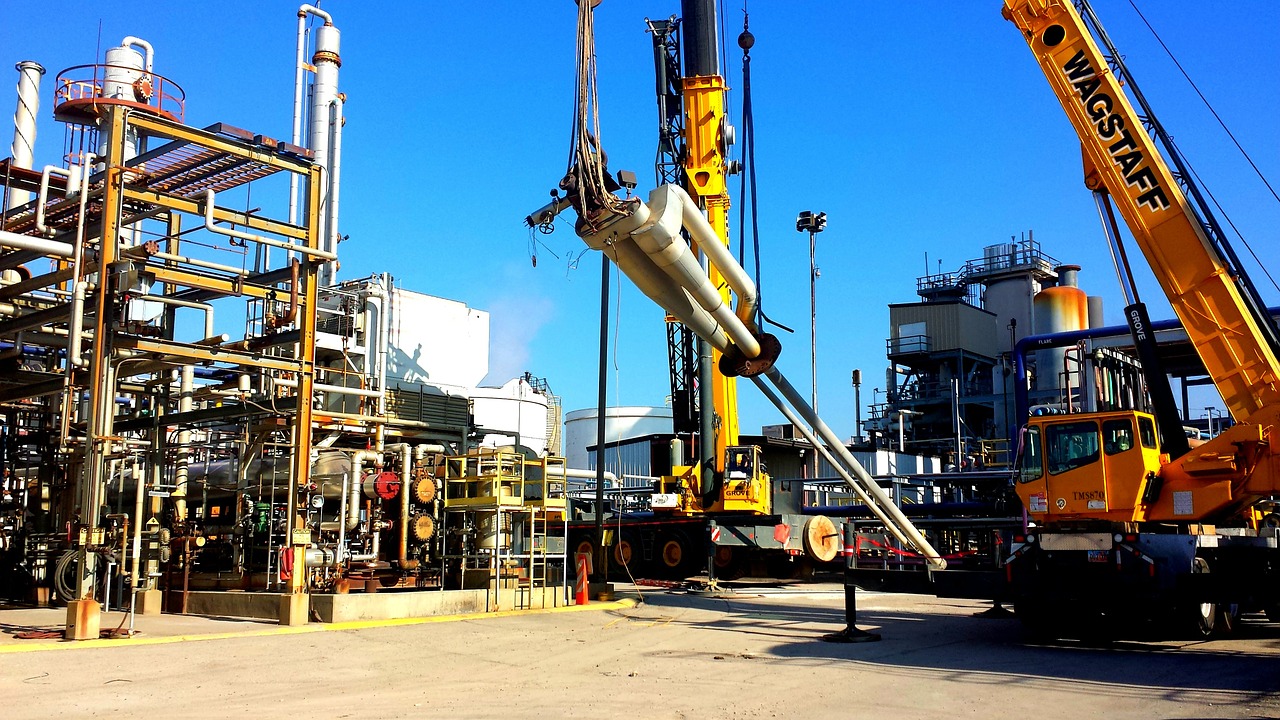Academics, Elected Officials, Organizations, And Over 470,000 Residents Send Powerful Message To EPA On Methane Emissions

At the end of January, the Environmental Protection Agency (EPA) closed the 78-day public comment period for its updated New Source Performance Standards (NSPS) and first-ever Emissions Guidelines for existing sources in the oil and gas industry with over 470,000 people submitting comments in support of a strong methane rule.
In addition to this large number of resident comments, over 110 state and local elected officials, academics, and organizations sent respective letters to Administrator Regan asking the EPA to meet this moment and finalize comprehensive methane rules for the oil and gas industry. This tremendous outpouring of public engagement sends a powerful message to the EPA that the public supports the strongest methane rules possible.
Methane, the main component of natural gas, and harmful chemicals leak from every single segment of the oil and gas supply chain. Methane is an extremely potent greenhouse gas and traps heat in the atmosphere up to 87 times more than carbon dioxide over the first 20 years after it’s released. Methane emissions create ideal conditions for extreme and deadly weather events and are responsible for 30% of the climate crisis effects we see today.
Volatile organic compounds (VOCs) like benzene, ethyl benzene, and toluene leak at the same time as methane, and these harmful chemicals can cause cancer. Exposure to methane and VOCs can negatively impact the nervous system as well as the brain, lungs, and blood. VOCs also contribute to ground-level ozone, the main constituent of smog. Smog exacerbates respiratory diseases like asthma and emphysema, increases asthma attacks, and can lead to heart disease.
The EPA’s highly anticipated proposal, released in November 2021, is intended to significantly reduce emissions of methane and other harmful air pollutants from the oil and gas sector. It came as an about face from the previous administration’s policies, which aggressively sought to loosen regulations on sources of methane pollution, despite its devastating impact on public health and climate change. However, the public is calling on the EPA to strengthen its proposed rule in a few key ways:.
- Require frequent leak detection and repair for all sources, especially small, leak-prone wells. Research has shown that these wells are responsible for a disproportionate and significant amount of methane pollution from oil and gas sources in Pennsylvania.
- Ban harmful non-emergency flaring at oil and gas facilities. Flaring gas creates unnecessary and harmful air pollution.
- Ensure monitoring results and complaints from communities go directly to EPA so it can hold companies accountable to fixing leaks. Frontline communities feel the worst effects from oil and gas pollution and deserve to have their concerns addressed and access to accurate air quality data to make informed decisions to protect their health.
A supplemental proposal is expected later this Spring, and the Council and its partners continue to call on EPA to do the right thing and strengthen its methane proposal for the oil and gas sector. A comprehensive final rule that prioritizes public health and the environment over industry profits is the best solution, and anything less will be consequential for everyone, but especially for frontline residents already disproportionately burdened by oil and gas impacts.

